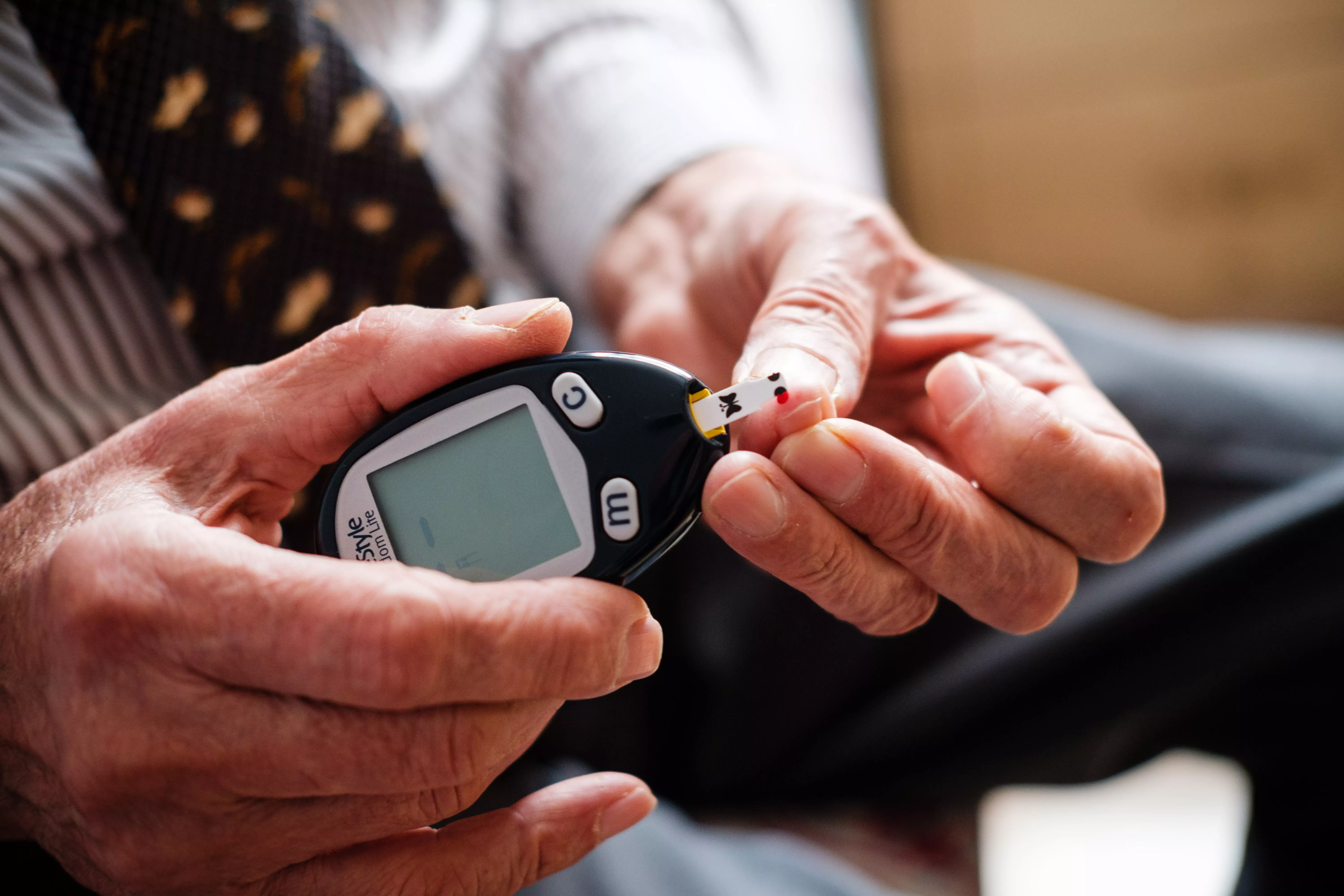
You may have seen headlines today linking diabetes and high blood sugar levels to a higher risk of death from Covid-19. We know news like this can be scary and that you’ll have questions about what this might mean for the self-isolation guidance given to people with diabetes.
Here we take a closer look at the research behind these headlines so you can get a clearer picture of what it all means for you or your loved ones.
What did we already know?
Previous research in China and Italy has indicated that people with diabetes are more likely to be among those who experience more severe complications from coronavirus. That’s why the government has been advising people with all types of diabetes to be particularly stringent in following social distancing advice.
But it’s important to note that in this unprecedented situation research is being carried out incredibly quickly, because there’s an urgent need to understand more. This means everyday there are hundreds of new research papers being shared which, whilst opening up vital questions and avenues of further investigation, aren’t necessarily giving us concrete answers yet.
A group of scientists at the University of Oxford recently took a deep dive into the evidence around diabetes and risk from Covid-19. They concluded that, from data that’s out there, yes people with diabetes and Covid-19 do appear to be at a greater risk of more serious complications. But they flagged that because there’s only a small amount of information on people with diabetes available we can’t make definite conclusions and there are big gaps in our knowledge. For example around how factors, like type of diabetes, age, medications or having other health conditions could play a part in driving an increased risk.
What did the new research show?
The news stories claimed that Covid-19 could be more dangerous for people with diabetes because they have higher blood sugar levels. But it’s important to note that the research they’re talking about doesn’t provide us with any evidence of a direct link between diabetes, blood sugar levels and more severe illness after contracting coronavirus.
The researchers behind the latest study looked at flu and how and why it could cause a cytokine storm. Cytokine storms have been in the spotlight a lot lately. They appear to be important in why some people become seriously ill from Covid-19, and they’re also seen in people who have the flu. So what are they?
Cytokines are small proteins which carry messages to our immune system, either telling it to ramp up and help fight infections and invaders, or to wind down. If levels of cytokines which raise our immune systems’ defences become too high it can cause the immune system to go into overdrive. Instead of just tackling an infection, this storm can damage healthy tissue and lead to people becoming really sick.
The researchers studied cells in the lab and mice to examine different biological processes and unpick which may trigger a storm during flu infections. They identified a particular chemical pathway which processes glucose as playing an important role.
The research team also studied blood samples taken from people who did and didn’t have the flu. They found that blood sugar levels were greater in people who had the flu than in healthy people. And that in those with the flu, there was a relationship between having higher blood sugar levels and higher levels of cytokines.
What does this mean for people with diabetes?
These findings suggest that being ill with the flu could increase glucose metabolism and that this could play a part in triggering a cytokine storm. But we need to remember that this research is at a very early stage. At the moment it’s an interesting theory that needs further investigation.
While we know that there are key differences between the flu and Covid-19, critically, what this research doesn’t show is that having high blood sugar levels can directly increase death or severe illness from Covid-19.
Nonetheless, it’s really important to try to get on top of your blood sugar levels if you become ill with Covid-19 or anything else. This is because sickness can cause difficulties in managing your diabetes, which could lead to DKA.
Bottom line, this research doesn’t change the current advice for people with diabetes. We know this is a really worrying time and headlines like this don’t help. But we’re working hard to keep up with the latest research and guidance to bring you information you need. Read our latest update on coronavirus and diabetes.
We’re also doing our part to stimulate vital research by making £100,000 available for scientists to carry out urgent work into diabetes and coronavirus.
